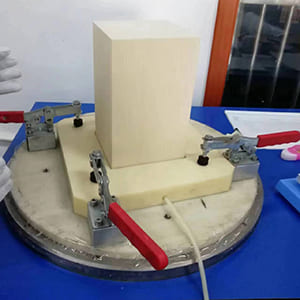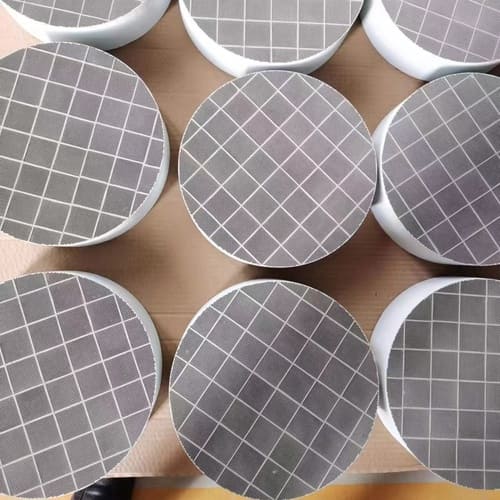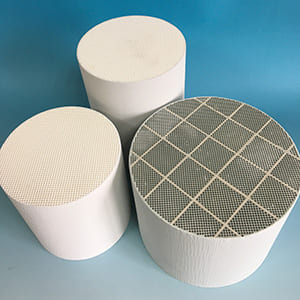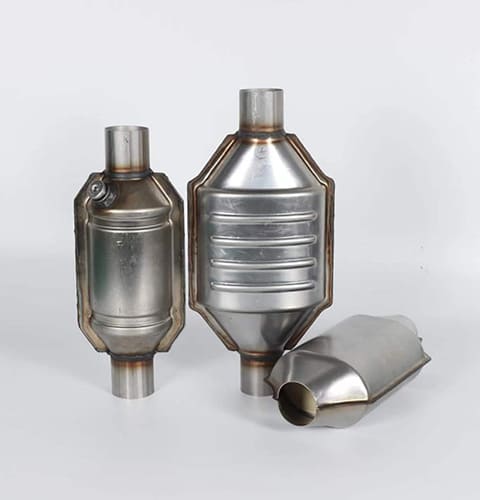In the quest for cleaner air and reduced emissions, the role of Diesel Particulate Filters (DPFs) cannot be ignored. But how does one choose between the diverse materials they are made from? What distinguishes Cordierite from Silicon Carbide in DPF applications? Is there a clear winner, or does the choice depend on specific needs and constraints?
The comparison between Cordierite and Silicon Carbide DPFs is essential for those seeking the optimal solution for emission control. While Cordierite offers advantages in terms of cost and thermal shock resistance, Silicon Carbide is known for its high melting point and durability. This comparative analysis delves into the unique properties, applications, and trade-offs between these two prevalent materials in DPF manufacturing.
Join us on this informative journey to unravel the distinctive characteristics of both Cordierite and Silicon Carbide DPFs.

What Are Cordierite and Silicon Carbide DPFs?
Cordierite DPFs and Silicon Carbide DPFs are widely used in diesel emission control systems. They function by trapping soot particles in the exhaust. But what separates these two materials in terms of functionality and performance?
How Do the Physical Properties of Cordierite and Silicon Carbide Compare?
Cordierite is known for its excellent thermal shock resistance and lower material cost. In contrast, Silicon Carbide has a higher melting point and is known for its rigidity. How do these properties translate into real-world applications?
What Are the Advantages and Disadvantages of Cordierite DPFs?
Cordierite DPFs are lighter and less expensive, making them attractive for many applications. However, they have a lower melting point, which might lead to issues during extreme regeneration events. How do these pros and cons influence the choice of Cordierite DPFs in various industries?

How Do Silicon Carbide DPFs Perform Compared to Cordierite?
Silicon Carbide DPFs are known for their durability and ability to withstand higher temperatures. Their robustness makes them suitable for heavy-duty applications. However, they are often more expensive and heavier than Cordierite. How significant is this difference in cost and weight?
Are There Specific Applications Where One Material Excels Over the Other?
Yes, the choice between Cordierite and Silicon Carbide often depends on specific applications and requirements. For instance, Cordierite may be preferred in passenger vehicles due to cost-effectiveness, while Silicon Carbide might be chosen for industrial machinery because of its strength. What data supports these preferences in various sectors?
What Considerations Should Be Made When Choosing Between Cordierite and Silicon Carbide?
Considerations such as budget, weight constraints, thermal requirements, and durability must be taken into account. Understanding the specific needs of the application is key to making the right choice between these two materials. How are manufacturers and engineers approaching this decision-making process?
Conclusion
Cordierite and Silicon Carbide DPFs each have unique characteristics that make them suitable for different applications. The choice between them depends on a nuanced understanding of their properties, advantages, disadvantages, and the specific requirements of the application. Both materials play a vital role in our continual pursuit of cleaner air and environmental sustainability, offering valuable options in the field of emission control.


